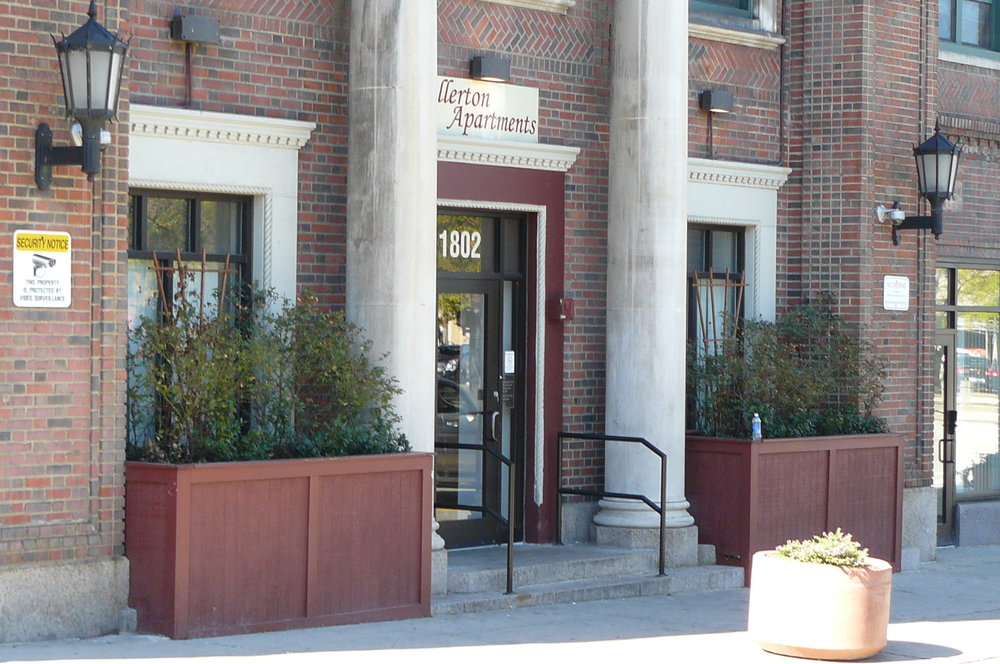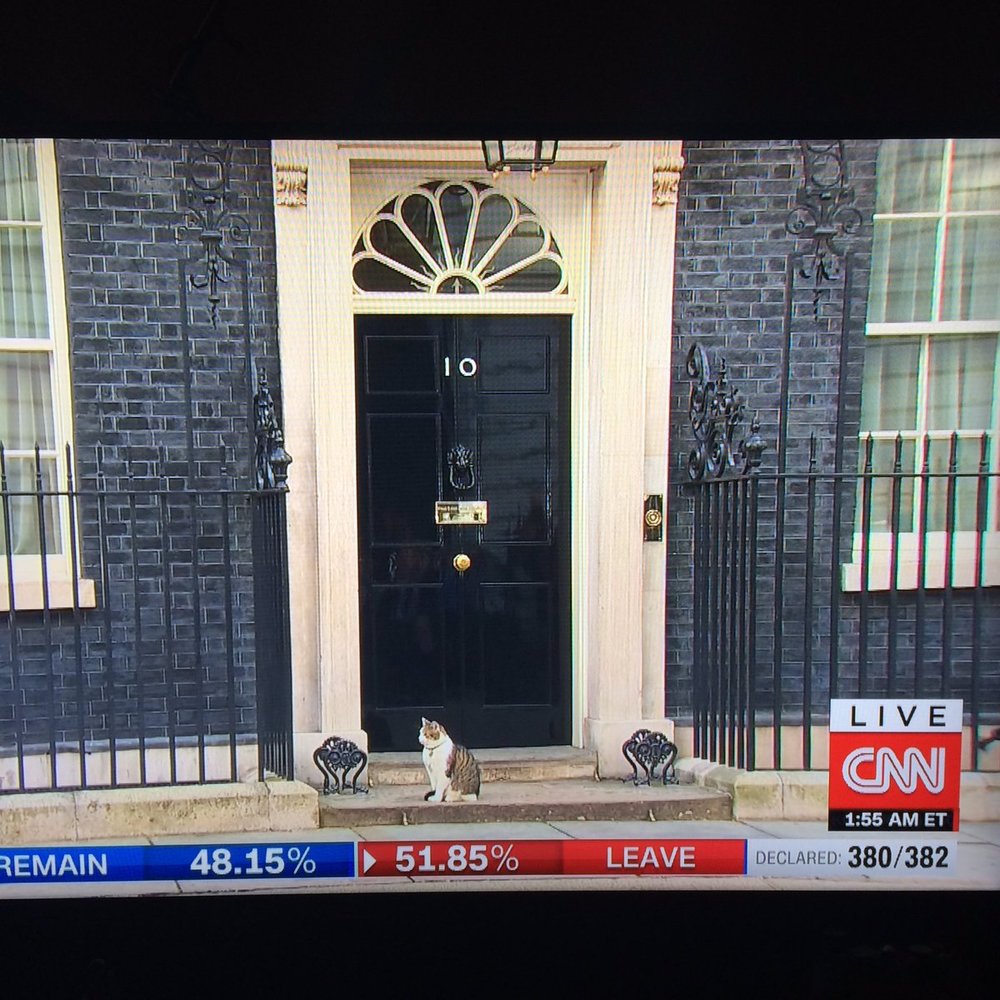Homeless Congress Notes for April 2017

April 13, 2017---Cosgrove Center
Organized by NEOCH
The CIA (Cleveland Institute of Art) students were first to speak at the meeting. They are currently doing a project called “Open Doors Cle” which will
- Give a voice to the homeless community.
- Raise awareness of the current condition of homelessness to the stable housing community,
- Develop a stronger relationship between those experiencing homelessness and those in stable housing, and
- Set the groundwork for future dialogue and inspiration for the communities support for each other.”
These doors will be decorated by people who have experienced homelessness. They will be used to “create a public art installation” that will be on display at a few locations throughout the city. The art students brought a self-standing door that will be used for public comments and any other concerns, questions, or comments about homelessness or the project. This includes drawings and poetry. This particular door will be one of two on display at the Bishop Cosgrove Center. The members seemed excited about the project and participating in it.
The next topic of discussion was a priority item for the Homeless Congress which is the need to open a separate shelter for the severely mentally ill. There is a meeting with the CEO of the ADAMHS Board in early May and Brian Davis asked if there are 4 members (2 women and 2 men) that are able to attend this meeting.
Ruth Gillett of the County Office of Homeless Services presented to the Homeless Congress members next. She distributed flyers about housing updates for the Rapid-Rehousing Program for singles. This program started in the last few weeks. Ruth briefly explained what the purpose and access to the Rapid-Rehousing program Through this program the participant will receive short term rental assistance. The program has operated for families for years, but was expanded to include single adults with income. These individuals staying in the shelters with some income can get rent for up to four months. Gillett felt that this may give someone to get stable whil either have a place to live. After the four months, the individual should be able to pay rent on their own. She reminded the members that may also have a roommate. She has until the end of September to spend the money allocated for the singles program and feels confident that she will be able to spend all the money for housing.
She further explained that the participants will get 30 days to find housing once approved. They will also get help finding a house, apartment, or unit. They will be inspected to make sure it meets housing quality standards. Next, she went over the numbers as of April 13th. There were 37 men enrolled or locating housing, 13 women, and 27 youths (18-24). Only 1 man and 1 woman have been housed at this point. According to Ruth, there are 43 young adults housed at this time. Some participants are waiting for their potential residence to be inspected and there are 4 inspections scheduled for the week of the Congress.
Next on the agenda, there was a Q&A for Ruth. There were a number of questions asked: One question was about getting assistance with furniture if just coming from a shelter. She suggested the furniture bank and Salvation Army. Brian Davis wanted to know if it was “preordained that Westside Catholic Center would not get the contract because NEOCH was included in the proposal" as was suggestested by Rosie at the County Council meeting. Ruth denied this allegation. He also wanted to know if there are any requirements in the RP that would lower the number of EMS and Fire department calls. She addressed a number of reasons why there were so many calls and basically ended up that most of the calls were from residents. Gillett concluded that residents have a right to call for the EMS, “being helpless is not good for your health” and “a number of people in the shelters have a number of health problems." The last question he asked was, "Are there any changes that the County would require going forward after all the complaints that were made?" She suggested that the Congress invite Frontline and LMM to one of the meetings for a question and answer session.
 She further stated that there are standards and programs that were descriptive in the proposal that is expected of the service provider. Many of the residents of the shelter asked questions, but Gillett did not have many answers. Brian Davis asked another question if it were true that the committee that made the decision was all white for a shelter that is composed of 75% African American residents. Gillett thought about and confirmed that the committee was all white? Some of the members of Congress asked why the committee was all white, but did not get an answer.
She further stated that there are standards and programs that were descriptive in the proposal that is expected of the service provider. Many of the residents of the shelter asked questions, but Gillett did not have many answers. Brian Davis asked another question if it were true that the committee that made the decision was all white for a shelter that is composed of 75% African American residents. Gillett thought about and confirmed that the committee was all white? Some of the members of Congress asked why the committee was all white, but did not get an answer.
Rosie Palfy’s asked a series of questions about the Norma Herr women's shelter for Ruth Gillett, Frontline Service & LMM:
- How will the service provider address security? Will off-duty Cleveland police officers continue to work at the shelter?
- Will more staff be hired to monitor & handle the shelter's day-to-day operations? Will more staff be hired to do case management & help the women find housing?
- How will the maintenance problems be addressed?
- How will issues with the food be addressed?
- Is there a plan to manage overflow?
- Why isn’t the contract going to be in LMM’s name since they will be running the day-to-day operations of the shelter? Why isn’t Front Line going to be named as LMM’s subcontractor?
- How will bringing in new staff from LMM be any different than if Front Line Service "cleaned house" & brought in their own new staff? How will this new contract address the existing problems?
Rosie also suggested that due to all the problems in the past there should be a one year contract instead of a three year contract. It was then suggested that Marcia Fudge should be contacted about concerns with homelessness. Gillett did not answer any of Rosie's questions. There were questions about changes to disrespectful staff. There were questions about the services available at the shelter, and what would it take to remove a shelter provider. None of these questions were answered.
Brian Davis then addressed his upcoming resignation and there was a copy of his resignation letter included in the packet. The Homeless Congress was very upset about it and acknowledged this. They also said they do not accept his resignation. There was a great deal of appreciation for the work of the Coalition and Brian expressed by the members. Davis informed the members that the NEOCH Board was committed to continuing the Homeless Congress meetings.
The last concern some of the members had was that pregnant women should be in a family shelter for safety issues. This will be further discussed.
The next meeting is on May 11, 2017.
by Ramona Turnbull
Opinions expressed are those by the person who signs the entry
